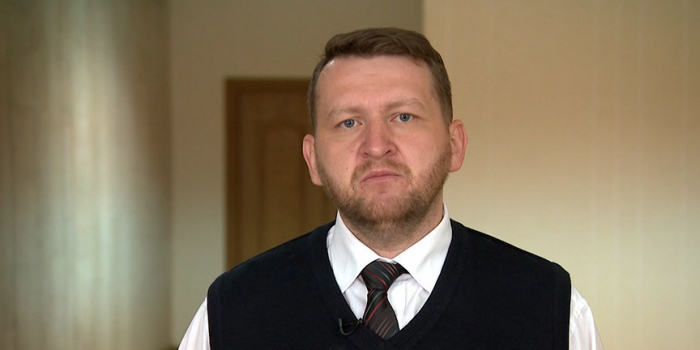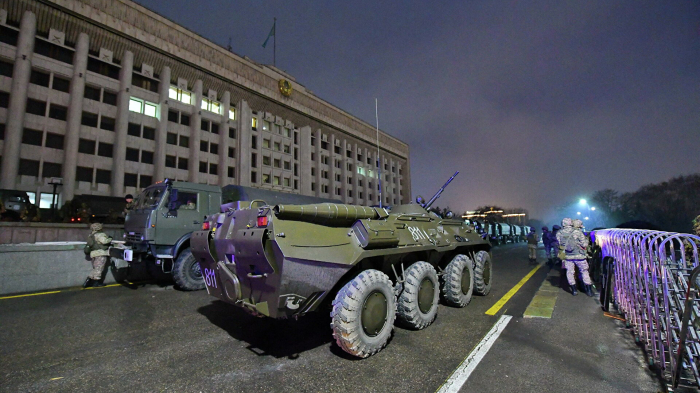Kazakhstan has long been experiencing socio-economic problems, which were accompanied by a sharp stratification and the emergence of tensions between the society and the state.
Meanwhile, the recent price hikes, the lack of transparency in the distribution of resource rent, as well as the polarization of income in large cities and rural areas, exacerbated the situation. In these conditions, several foreign NGOs were purposefully aimed at stimulating dissatisfaction with the current Kazakh government, highlighting specific mistakes and blurring the positive agenda.
The focus on socio-economic issues amid the COVID-19 pandemic and the global economic downturn has yielded the expected results in the country. However, a sharp increase in gas prices triggered discontent in society. But in fact, anything could have served as a pretext for the speeches since real socio-economic problems have become a convenient lever for undermining the situation in Kazakhstan. Meanwhile, external influence is also manifested in attempts to exert pressure on political-forming circles and to create the necessary "picture" in the eyes of the international community.
It is difficult to blame a specific country or organization for the riots in Kazakhstan as there is no evidence at the moment. However, many signs are indicating external coordination and an attempt to apply the technology of "color revolutions", which we have already had the opportunity to observe in several post-Soviet countries. There is no doubt that a number of Western structures and political forces support the Kazakh opposition, which has tried to ride public discontent and put forward political slogans. Now, one should not overestimate the ability of the political opposition to control riots. Looting and pogroms, robberies, and unmotivated violence are observed during the riots. Under these conditions, it is impossible and simply absurd to discuss any requirements for the authorities.
Kazakhstan is a full member of the Collective Security Treaty Organization (CSTO), therefore, in conditions when the country is in immediate danger, it is natural to seek help from allies.
The CSTO peacekeepers were deployed to protect vital infrastructure facilities in Kazakhstan, which may be attacked by terrorists to destabilize the situation. None of the CSTO member states is going to interfere in the internal affairs of Kazakhstan or impose their will on the country. For all member states, the state sovereignty and independence of all partners remain an unconditional value.
The unrest has already harmed the image of Kazakhstan as one of the calmest and stable states in Central Asia. There are already casualties, both among the military and the protesters. In the short term, serious financial costs and deterioration in the investment climate in the country can be expected (at least according to international ratings). An increase in radicalism and terrorist activity in Kazakhstan can be expected in the near future.
For example, in Azerbaijan, it is difficult to imagine the implementation of such a scenario since the country has a high social and economic stability, along with a strong political power that enjoys the support of the people. In these conditions, the situation in Kazakhstan should become a lesson for all post-Soviet republics, and remind them of the importance of monitoring and control over the activities of foreign structures and organizations on their territory, demands from them for complete transparency.

Denis Bukonkin is a Belarusian political scientist.
AzVision.az
More about: Kazakhstan
















































